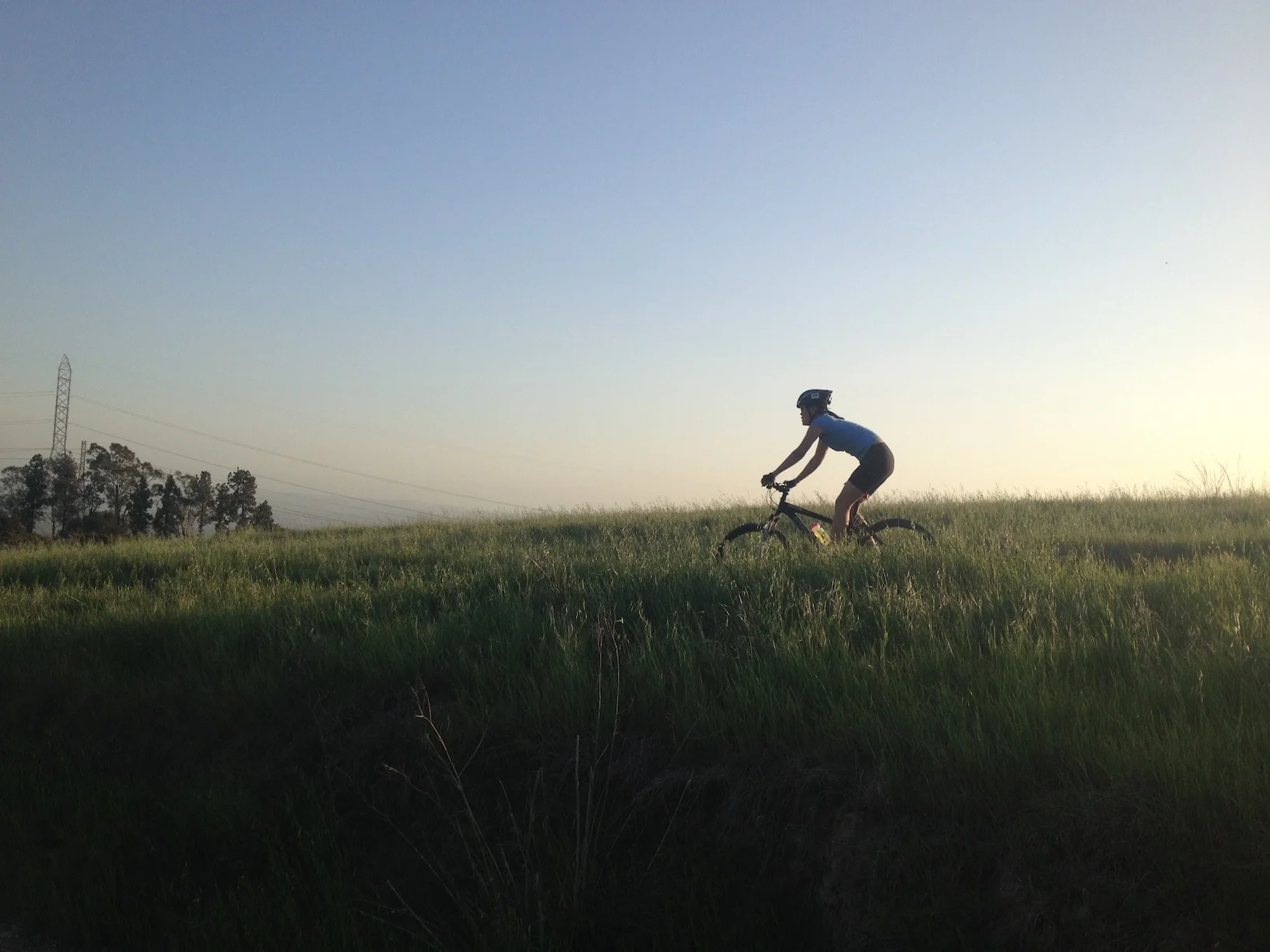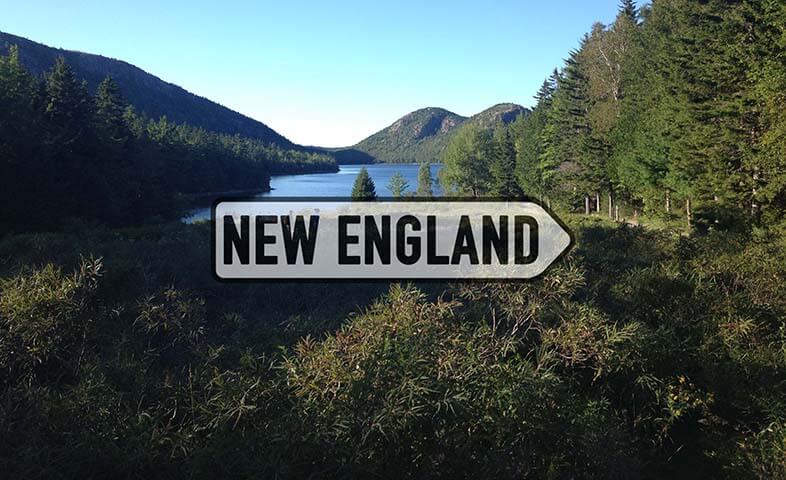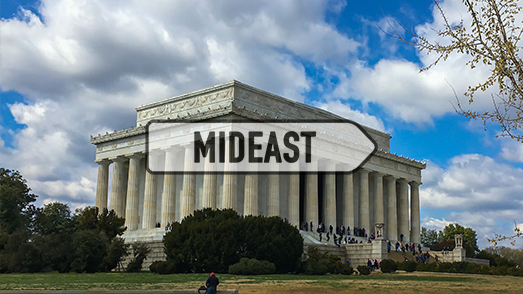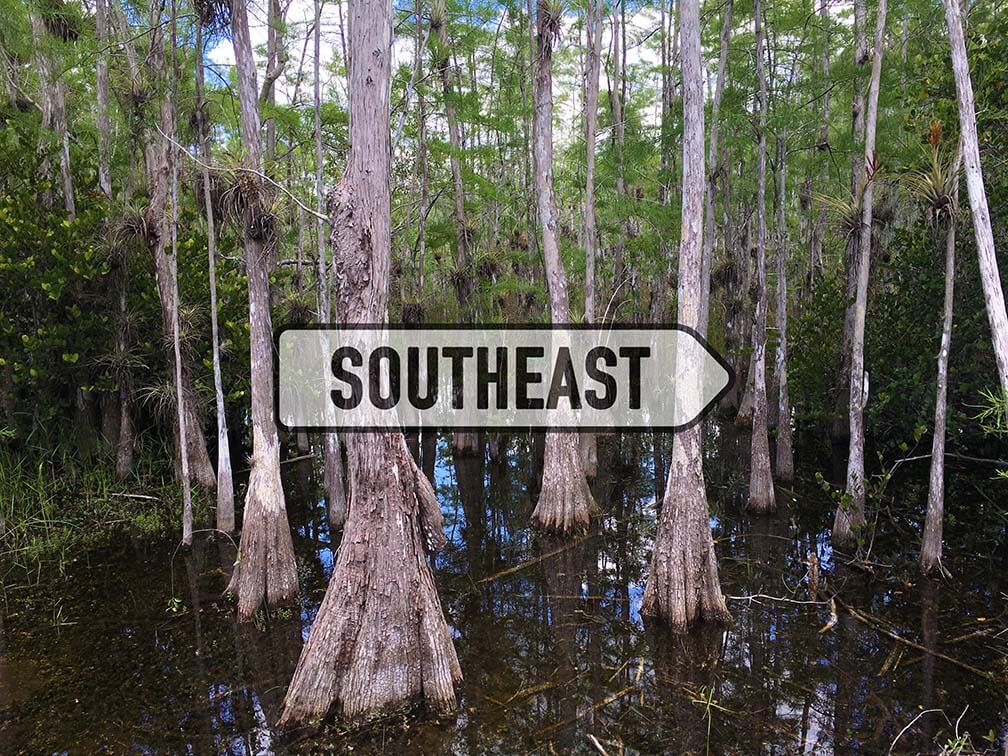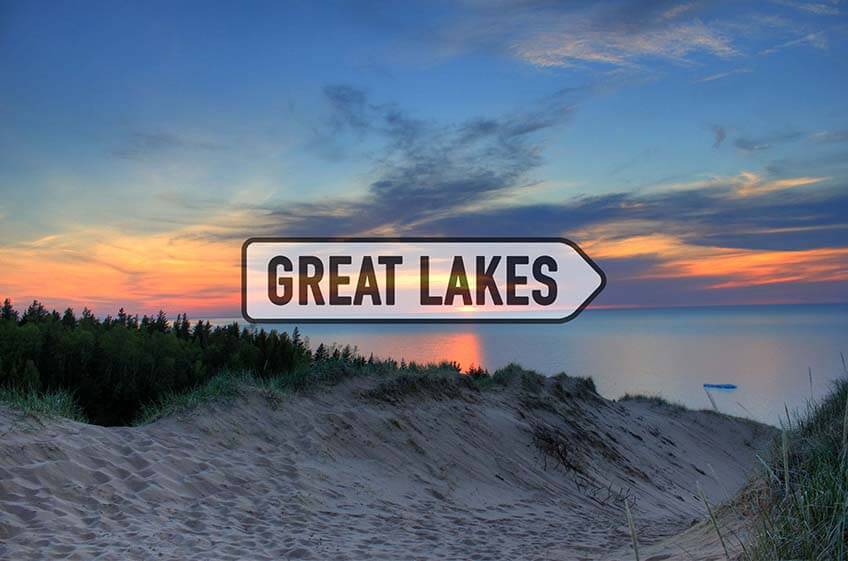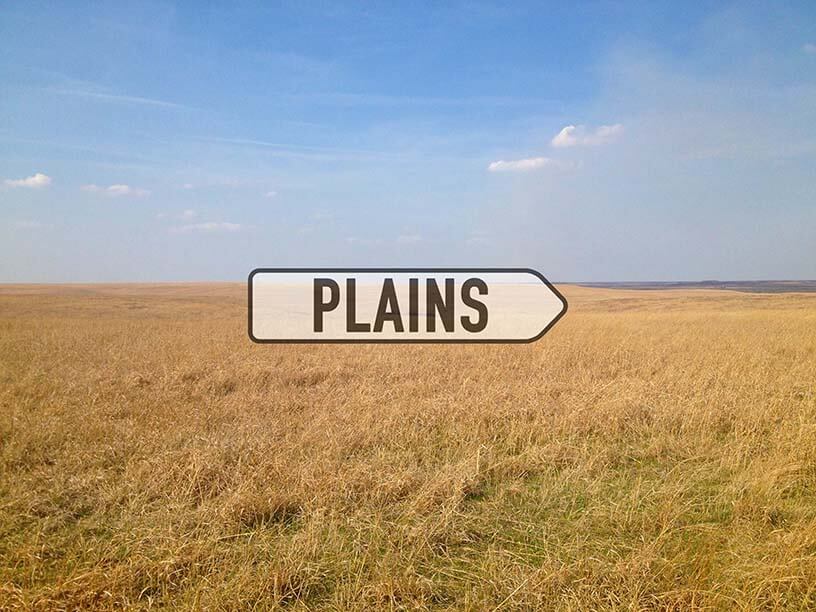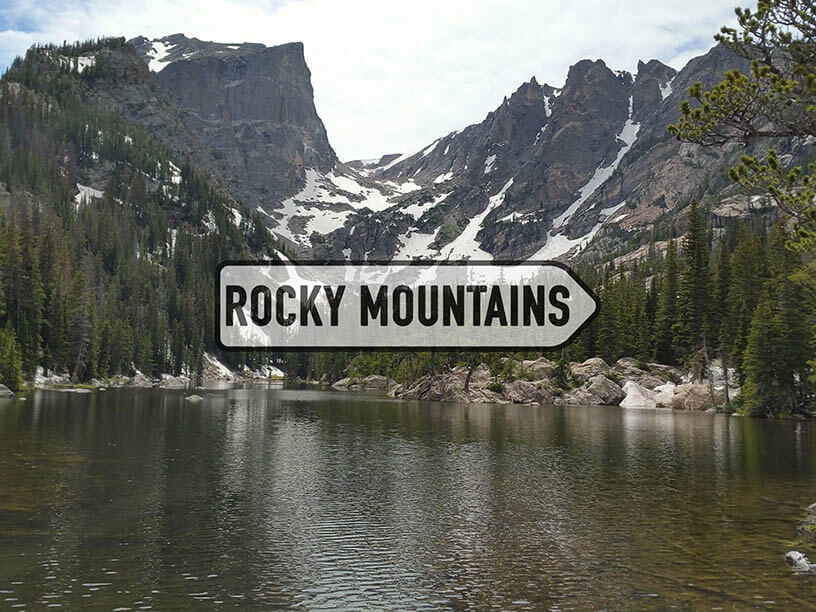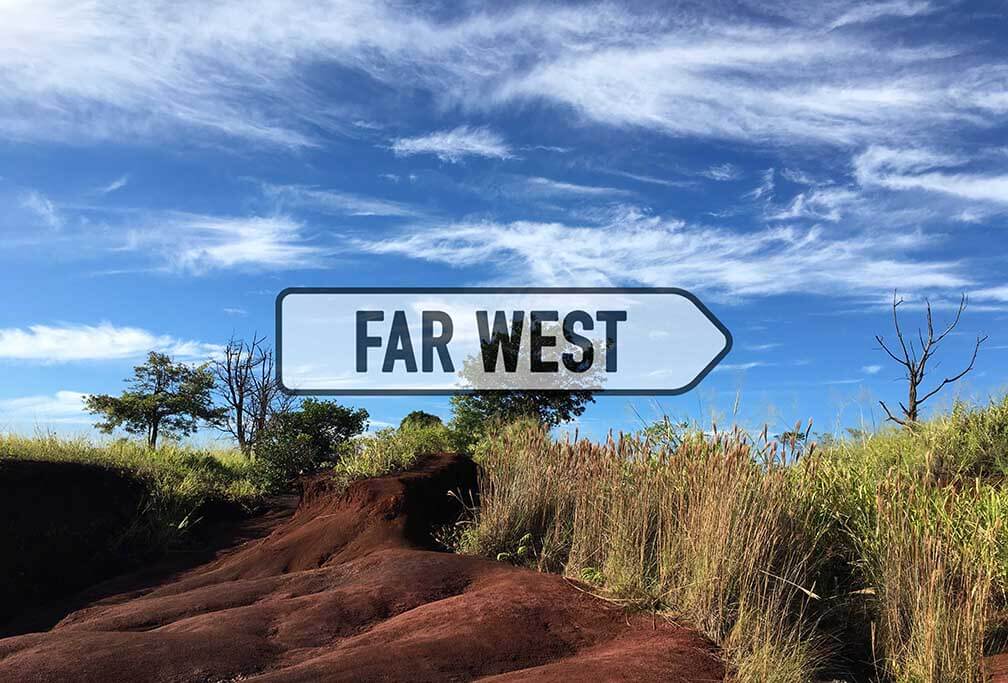Birthright
By Yi Shun Lai
In the California town where I grew up, there’s an area designated as the Claremont Hills Wilderness Park. It climbs from 1,800 feet of elevation to nearly 3,000 feet, and it’s decidedly front-country, with a main trail that resembles a broad logging road snaking up the hillside, and scads of people ignoring trail etiquette all along its five-mile stretch. It opened the year I decamped for the east coast. When I returned for the holidays after just a few months away, I was surprised to see that my parents had become “outdoor people,” after a fashion; they walked the steep incline and the five-mile loop with their friends. On these walks, my mom protected her milky Taiwanese complexion from the southern California sun with a succession of big hats and long sleeves.
Claremont Hills Wilderness Park, photo by Brian Altmeyer / CC 2.0
For years after that Christmas, we walked the loop on Christmas Day as a family. My brother and I often argued with my parents over everything from my brother’s choice of major to my failure to find either marriageable men or suitable careers, so these walks did not reflect the robust appreciation of the outdoors that you see in REI and Patagonia catalogs. Sometimes, after--or even in the midst of!--really bad arguments, I’d slam out of the house and run up the gradual incline of asphalt leading to the park, only to lose a whole lot of steam once I hit the first really severe hill in the park. Over and over again, I encountered that hill, and whether I was covered in snot and tears or just plain angry, I had to walk it, adding to whatever angst I was experiencing that day.
When my husband and I moved back to California five years ago, so I could assume my duty as a good daughter to my aging parents, I discovered the park for myself. I scaled its grade on my mountain bike, and swooped down the long spine at the back of the loop. I admired the friendly fields of grass and the smell of eucalyptus on foggy June mornings. I was strong on my bike, and I had finally learned to ignore the expectations that addled my youth and young adulthood: Good girls don’t play in the dirt. Elegant young women don’t laugh and yell.
Hunched over my handlebars, pedaling hard up the hill, shrieking at the sheer joy of a fast, adept descent, I felt like I was breaking every unwritten rule. Moreover, I was deeply grateful, to have come back on my own terms. One day, after another happy ride, I noted my feelings to a close friend: “How lucky we are! Public lands are amazing!”
I could practically see Peter shrugging as he typed his reply in Google Chat: “I always thought of them as my birthright.” I sighed to myself. Yet another way in which I wasn’t, would never be, truly American. Public lands as birthright! What a wonderful concept: In my family, the only thing that could properly be called birthright was the inherited obligation to make your ancestors proud, by following a tightly prescribed path that I had already decided I didn’t want any part of.
***
Have I told you how much I love the desert? I love it for its hardy plants, for its scrappy animal life, for its sweeping vistas and all of its extremes. I love it for its weirdness, and maybe for its utter contrast to Taiwan, the humid, foliage-covered land I also call home. I love the desert so much that we got married there, in California’s Death Valley National Park.
On a recent return visit, my husband and I drove past the road to Death Valley to visit Manzanar National Historic Site. It’s a National Parks Service “site of conscience” now, but during World War II, it was an internment camp for Japanese-Americans. I say Japanese-Americans, but the thing we must never forget is that these were Japanese American citizens. Some were born here, some were born in Japan and then made America their home. Any which way you slice it, they belonged.
Many Japanese-Americans couldn’t even identify with the nation that had bombed Pearl Harbor. And many of them volunteered for military service; there were several Nisei-only units in the U.S. Army. About 14,000 men served in the 442nd Infantry Regiment, and it earned 9,486 Purple Hearts. Its motto was distinctly American: “Go for Broke.” These Japanese-American men—and women—volunteered while their families were interned at Manzanar.
Manzanar National Historic Site, photo by Tom Hilton / CC 2.0
We’ve visited twice now, once at the tail end of winter and once at the beginning of summer. It’s a distinctly uncomfortable place, no matter the season. If you love the desert, like me, you can kind of see the appeal of Manzanar’s setting—the Sierra Nevadas hitch a jagged line into the sky, taking on different colors and textures with each season and hour of the day, and the constant wind creates the impression that the place is breathing. The scrub and low bushes contrast a nearly treeless landscape. And Manzanar had been a working apple orchard; it wasn’t bereft of civilization.
Manzanar National Historic Site, photo by Tom Hilton / CC 2.0
But if you’d been taken from your home near the sea, or away from a town and a life you knew and loved—oh, never mind, if you’ve been forced from any life you called your own—you could see how mountains might look like walls. How wind only serves to work the sand and dust in everywhere. How scrub and low bushes only remind you of the lush places like Seattle, San Diego, and Hawaii that you chose when you immigrated to this land, when you brought your family here, where you thought you had made a life for yourself, where the opportunities and the choices seemed endless. You can see, right, how work at the apple orchard, and later, the work opportunities at the soy sauce and miso factories, might start to look like forced labor?
Never mind the watchtowers all over the place. Never mind the barbed wire. Never mind those.
A lot of work went into the resurrection of Manzanar as a National Parks Historic Site in 1992. A massive community hall houses exhibits on what life was like in Manzanar: School dances, a baseball league, crafting furniture from apple crates. A short walk from the community hall are reconstructions of the barracks folks first saw upon arrival. The barracks had been hastily constructed, so the planked walls weren’t exactly airtight. Even later, nothing would be dustproof: folks who lived here wrote about how hard it was to keep clean: As much as I marvel over it, desert sand is insidious.
Driving around Manzanar, there are interpretive signs: the orchard, the hospital, the cemetery. Thank goodness for those, because after a little while you start to lose the plot. You start to wonder how on earth we ever got here, to a place where it was okay to treat citizens of your country like they’re cattle—to a place where individual toilets aren’t walled off and you do your business within knee’s-width of another human; to a place where you decide that folks who had come to this country of their own free will, who had worked hard to carve out a place of their own, could be punished for it. How did this happen?
But then you get to the gardens. Merritt Park has a big pond, a bridge, a cement turtle, a waterfall. An artist who was interned at Manzanar once made a watercolor of the garden in full bloom, and to see its careful reproduction of the detailed bridges, rock sculptures, and varied plantings is to forget about the dust and the dirt and, for a split moment, the fact that we imprisoned our neighbors and our friends.
Manzanar National Historic Site, Merritt Park, photo by Yi Shun Lai.
The people here built gardens everywhere they could, tiny ones outside each barrack; big ones you could walk with your sweetheart in; green walkways outside the hospital. To see them is to be reminded that the people who were imprisoned here, and in nine other camps across the U.S., worked to make even this place a little bit better. To know of them is to witness how we can imprint the worst with our own marks of beauty.
***
What does it mean, anyway, to see our public lands as a birthright? It might mean you grow up believing that whatever’s out there is yours to consider yours. It might mean you never feel like a visitor, or that you never marvel at what was always there for you. This is an enviable privilege. Perhaps more valuable, though, is the knowledge that you can make an oyster out any damn old thing: the back hills of a wilderness park you can finally claim as your own, or a camp that will be your prison for an indeterminable period of time. We make what we can of it, and we find a way through.
Yi Shun Lai is a prose editor and co-owner of the Tahoma Literary Review. Her novel, _Not a Self-Help Book: The Misadventures of Marty Wu_ was a semi-finalist for the Thurber Prize for American Humor. Follow her on Twitter @gooddirt and sign up for her monthly newsletter at thegooddirt.org.
Banner photo by James Holden.

